Does soy cause cancer? Here’s an in-depth blog post on soy sauce and breast cancer and how our gut bacteria determine how protective soy is.
When I was completing my master’s program last year I took a class on plant-based nutrition.
My professor followed a vegan lifestyle and at times I felt that his personal beliefs about veganism interfered with teaching non-biased material.
Around that time, the Netflix show “The Game Changers” had just come out too. That’s something my professor recommended we all watch to further convince us that animal protein was not necessary.
I was open to learning about and trying out a vegan diet. I was diligent about adding in nuts, seeds, lentils, peas, those meatless meats (gluten-free ones).
Also, tried soy milk, despite the cautionary things I had heard about it.
Although a vegan diet did not work well for my body, it helped me learn about what did by trial and error.
While I was doing the vegan thing I noticed if I didn’t eat something every 2 hours my blood sugar would crash, and I’d get a massive headache, and brain fog and I felt like my head was floating off of my body.
I tried it for a month but came to find my body just felt better with animal protein & my blood sugar was more stable.
I have found a gluten-free paleo-type diet works well for me. But that’s not to say a vegan diet doesn’t work for others.
I do often see imbalanced blood sugar and amino acid/mineral deficiencies in people who eliminate animal protein from their diet.
One diet does not fit everyone and I encourage everyone to find what works best for their body!
Should You Eat Soy?
One of the main staples of protein in a vegan lifestyle is soy, and like so many people out there, I had heard that soy was “bad.”
I heard “Soy cause breast cancer”, it was “not good for men to consume soy” and if you had a history of breast cancer you should avoid it. So I decided to look into the research about it.
This is what got me so interested in the gut microbiome and discovering that there is a gut connection to every organ system in the body.
I narrowed my research down to 11 studies that discovered all of the large-scale studies had found soy isoflavones to be protective against breast cancer, regardless of Estrogen Receptor Positive status, pre and post menopausal status.
They even found that those women who had mutations in a liver enzyme CY1B1, which metabolizes estrogen, were protected against breast cancer if they consumed soy!
Boy, all of this was making me feel pretty good about soy!
Until I found the bottom line of every study…every study that found soy protective was done on all ASIAN women. Every single study.
Then I came across 2 studies that tested Western women (American) vs. Eastern women (Asian) to see if they derived the same benefit from consuming soy.
Western women did not derive the same protection from consuming soy as did Eastern women. Why???
Gut Bacteria Metabolize Soy Differently
It all comes down to the difference in their gut bacteria.
Western women don’t have the same type of microbiome as Eastern women, so their guts have a reduced ability to metabolize the soy isoflavones into the protective metabolite “S-equol.”
So all of these studies that are using 70,000 Asian women cannot be generalized to all women everywhere.
How fascinating is it that it comes down to gut bacteria?!
I think epigenetics is at play here, some generations have been consuming soy products for thousands of years, which is probably why their gut microbiome can produce more protective s-equol than westerners, who have not been eating soy for that long.
Soy Isoflavone Benefits: Asian Culture vs. Western
Dong & Qin, 2010 conducted a meta-analysis of 4 studies that observed breast cancer recurrence and 14 studies of breast cancer incidence between 2001 and 2009.
The median length of follow-up time was between 1.57 years to 13 years and a total number of participants involved were 369,934 with 5,828 incidents of breast cancer.
They found that soy isoflavones consumption was associated with an 11% reduction in breast cancer.
In 4 studies of breast cancer recurrence involving 9,545 participants and 1,226 recurrent breast cancer cases, only 1 study found a 16% reduction in recurrence among women with the highest isoflavone consumption.
However they noted that the protective effect of soy was observed only in Asian populations and not Western populations, this may be because the average intake of soy isoflavones is much lower in Western culture than in Asian culture.
They stated that a metabolite of daidzein called S-equol may affect the soy and breast cancer association because of its superiority to all other isoflavones.
As previously mentioned, 50-70% of Asian populations have gut bacteria that can produce higher amounts of S-equol when compared to that of Western populations, which is 20-30% (Sekikawa et al., 2019).
Bahrom et al., 2016 conducted a meta-analysis of 57 studies including those in Asian countries which found soy isoflavone consumption to be inversely associated with breast cancer in both premenopausal women and postmenopausal women.
However Western women found no statistically significant association between soy consumption and breast cancer risk.
Is It The Soy? Or That It’s GMO?
In the United States, 94% of all soy is genetically modified. Sometimes there are also allergies to soy, but is it the soy or is it that it’s a GMO?
Soybeans are now being genetically altered to be resistant to RoundUp (glyphosate).
This is so that when the farmers spray the soy crops with all these pesticides, the soy crops do not die. Not only are you eating a genetically altered organism, but on top of that, you’re consuming something sprayed with a cancer-causing pesticide.
Similar questions have been postulated about wheat. I have had clients say they eat wheat in the USA and they have bloating, running nose, etc.
But when they eat wheat in Europe (where it is not GMO) they have no issues.
A paper was published in 2013 when RoundUp was being questioned, and it found that the GMO wheat crops were sprayed heavily with RoundUp and that the glyphosate chemical in the pesticide was binding with the wheat protein to create a “neo-antigen.”
Something our immune systems have not gotten used to.
Read this for a complete list of Genetically Modified crops
Conclusion on Soy and Breast Cancer
This research indicated that soy isoflavone consumption has an inverse relationship with the risk of breast cancer and hormonally related cancers regardless of HER2 status, and pre and postmenopausal status in Asian women.
Earlier life consumption of soy isoflavones offers greater protection from breast cancer later in life.
Soy isoflavone consumption also protects against the risk of breast cancer even with high-risk enzyme mutation CYP1B1 in Asian women.
More studies should be done with Western women due to all of the study populations being Asian women.
Research suggests Western women may not have the exact benefit from soy isoflavones due to the reduced ability of their gut microbiota’s ability to metabolize soy isoflavones into S-equol.
Further studies are warranted.
If you’re going to eat soy, always choose organic and non-GMO soy.
More Helpful Blog Posts on Breast Cancer
- Thermography: Detecting breast cancer many years earlier than Mammography
- Dissolve Breast Cysts With Frankincense Oil
- Soy and Breast Cancer: Our gut bacteria determine how protective soy is
References
- Baglia, M. L., Zheng, W., Li, H., Yang, G., Gao, J., Gao, Y.-T., & Shu, X.-O. (2016). The association of soy food consumption with the risk of subtype of breast cancers defined by hormone receptor and HER2 status. International Journal of Cancer, 139(4), 742–748. Retrieved from https://www-ncbi-nlm-nih-gov.uws.idm.oclc.org/pubmed/?term=). The association of soy food consumption with the risk of subtype of breast cancers defined by hormone receptor and HER2 status.
- Ko, K.-P. (2014). Isoflavones: Chemistry, Analysis, Functions and Effects on Health and Cancer. Asian Pacific Journal of Cancer Prevention, 15(17), 7001–7010. Retrieved from https://www-ncbi-nlm-nih-gov.uws.idm.oclc.org/pubmed/25227781
- Lemanne, D., & Maizes, V. (2018). Advising Women Undergoing Treatment for Breast Cancer: A Narrative Review. The Journal of Alternative and Complementary Medicine, 24(9-10), 902–909. Retrieved from https://www-liebertpub-com.uws.idm.oclc.org/doi/full/10.1089/acm.2018.0150?url_ver=Z39.88-2003&rfr_id=ori:rid:crossref.org&rfr_dat=cr_pub=pubmed
- Song, K. B., Atkinson, C., Frankenfeld, C. L., Jokela, T., Wähälä Kristiina, Thomas, W. K., & Lampe, J. W. (2006). Prevalence of Daidzein-Metabolizing Phenotypes Differs between Caucasian and Korean American Women and Girls. The Journal of Nutrition, 136(5), 1347–1351. Retrieved from https://www-ncbi-nlm-nih-gov.uws.idm.oclc.org/pubmed/?term=Prevalence of daidzein-metabolizing phenotypes differs between Caucasian and Korean American women and girls
- Messina, M. (2016). Soy and Health Update: Evaluation of the Clinical and Epidemiologic Literature. Nutrients, 8(12), 754. Retrieved from https://www-ncbi-nlm-nih-gov.uws.idm.oclc.org/pubmed/?term=Soy and Health Update: Evaluation of the Clinical and Epidemiologic Literature
- Messina, M. (2010). Soybean isoflavone exposure does not have feminizing effects on men: a critical examination of the clinical evidence. Fertility and Sterility, 93(7), 2095–2104. Retrieved from https://www-ncbi-nlm-nih-gov.uws.idm.oclc.org/pubmed/20378106
- Wang, Q., Li, H., Tao, P., Wang, Y.-P., Yuan, P., Yang, C.-X., … Huang, Y. (2011). Soy Isoflavones, CYP1A1, CYP1B1, and COMT Polymorphisms, and Breast Cancer: A Case–Control Study in Southwestern China. DNA and Cell Biology, 30(8), 585–595. Retrieved from https://www-ncbi-nlm-nih-gov.uws.idm.oclc.org/pubmed/21438753
- Dong, J.-Y., & Qin, L.-Q. (2010). Soy isoflavones consumption and risk of breast cancer incidence or recurrence: a meta-analysis of prospective studies. Breast Cancer Research and Treatment, 125(2), 315–323. Retrieved from https://link-springer-com.uws.idm.oclc.org/article/10.1007/s10549-010-1270-8
- Sekikawa, A., Ihara, M., Lopez, O., Kakuta, C., Lopresti, B., Higashiyama, A., … Cui, C. (2019). Effect of S-equol and Soy Isoflavones on Heart and Brain. Current Cardiology Reviews, 15(2), 114–135. Retrieved from https://www-ncbi-nlm-nih-gov.uws.idm.oclc.org/pubmed/?term=Effect of S-equol and Soy Isoflavones on Heart and Brain.
- Varinska, L., Gal, P., Mojzisova, G., Mirossay, L., & Mojzis, J. (2015). Soy and Breast Cancer: Focus on Angiogenesis. International Journal of Molecular Sciences, 16(12), 11728–11749. Retrieved from https://www-ncbi-nlm-nih-gov.uws.idm.oclc.org/pubmed/?term=Soy and Breast Cancer: Focus on Angiogenesis
- Wei, Y. (2019). Soy intake and breast cancer risk: a prospective study of 300,000 Chinese women and a dose-response meta-analysis. Eur J Epidemiol. Retrieved from https://www-ncbi-nlm-nih-gov.uws.idm.oclc.org/pubmed/31754945
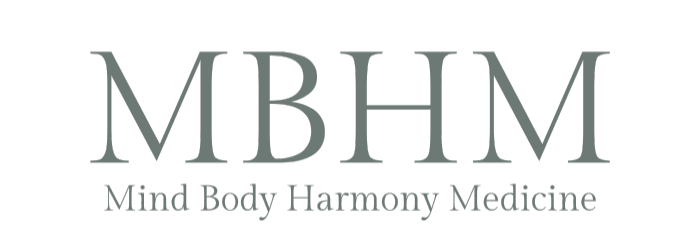
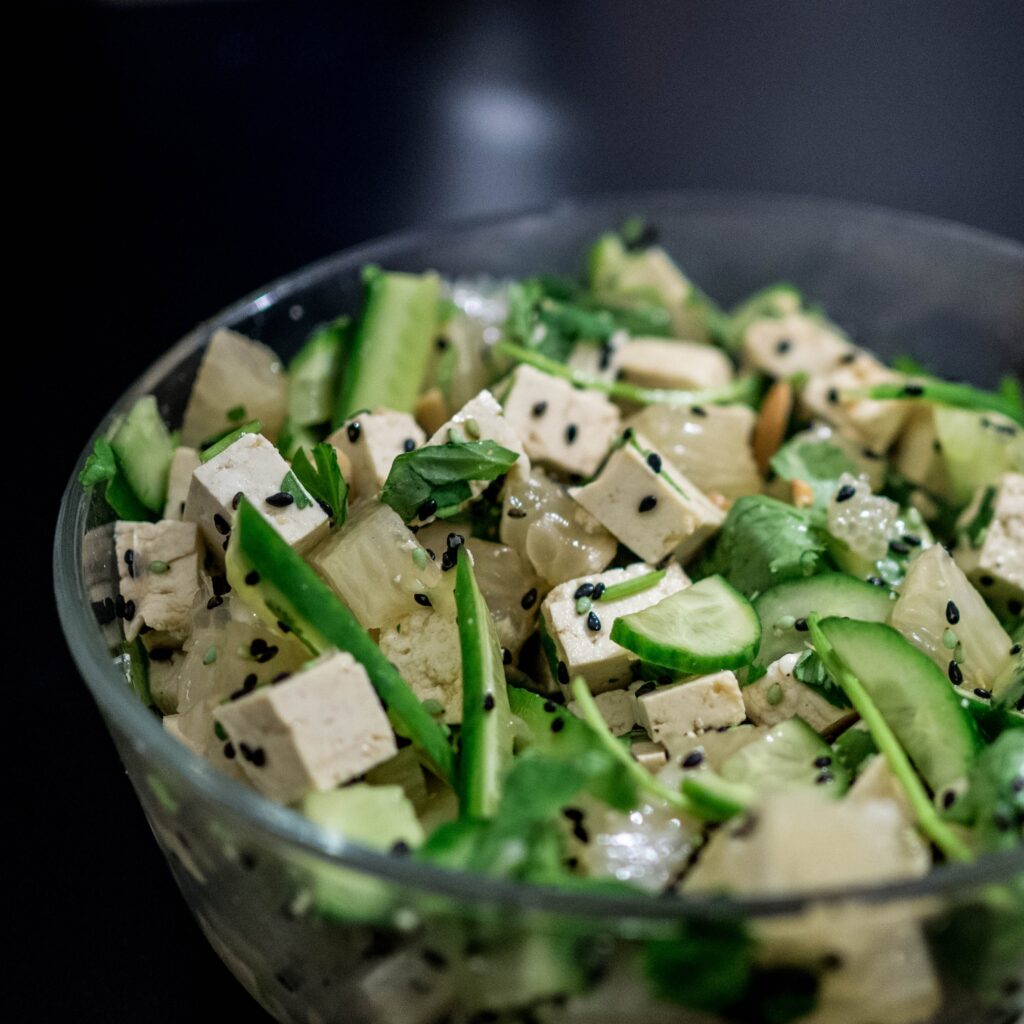
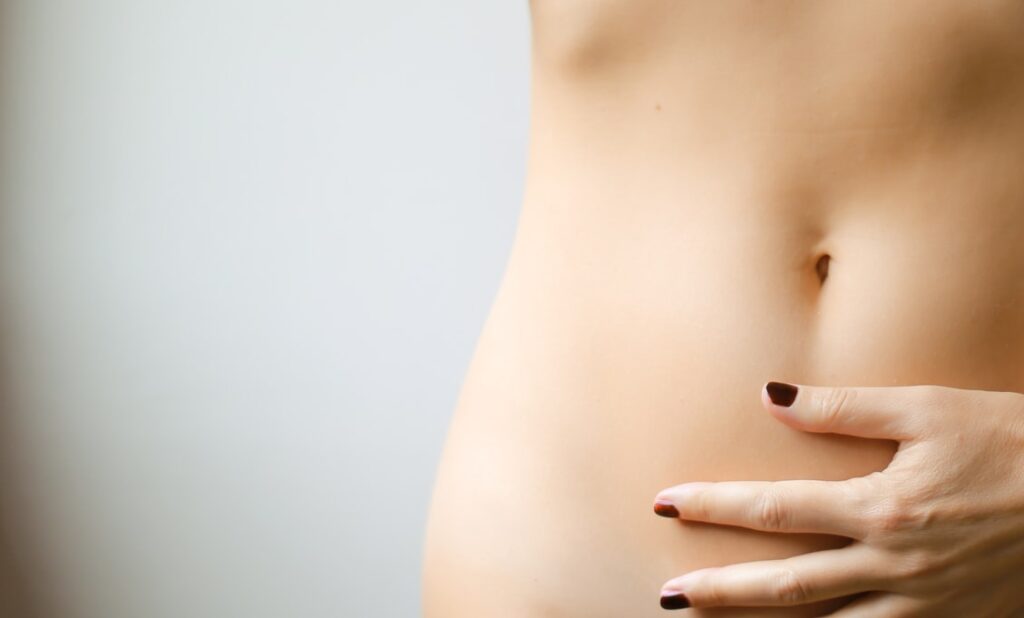
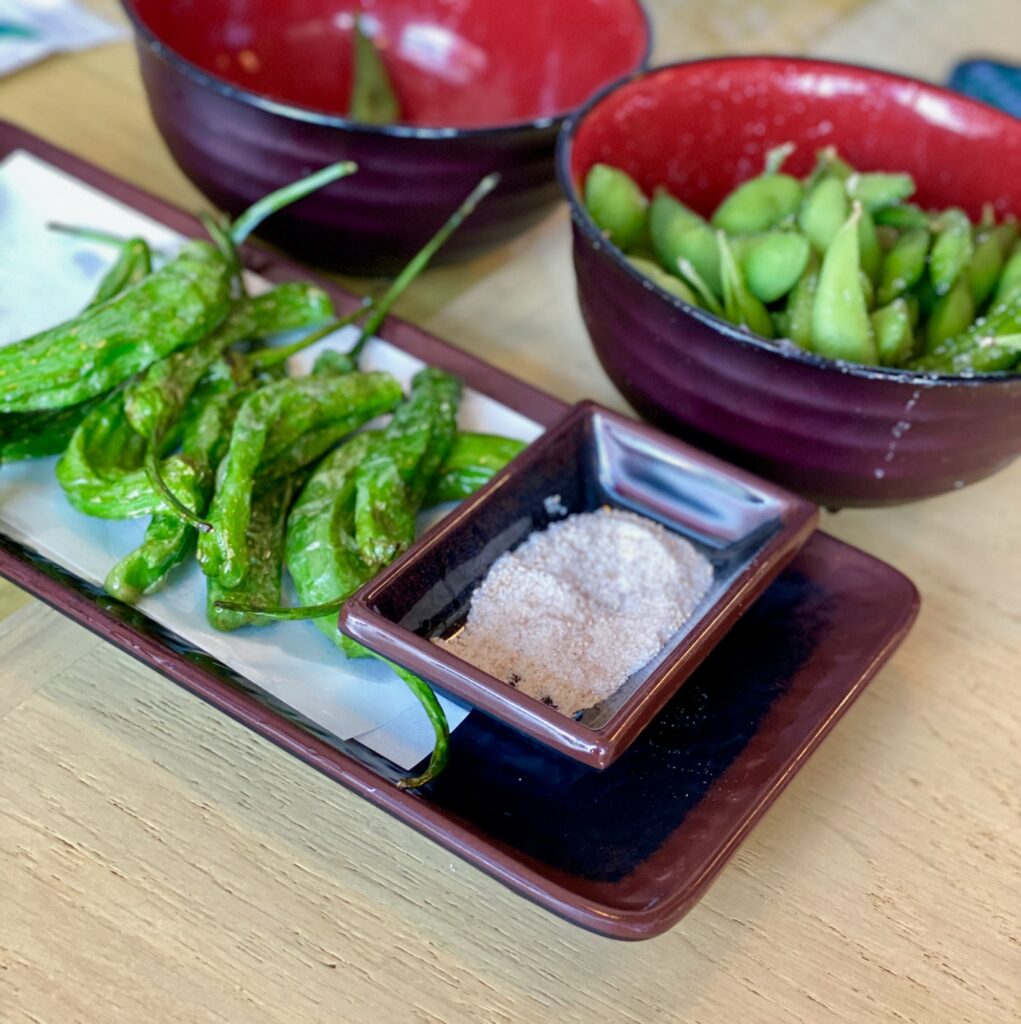

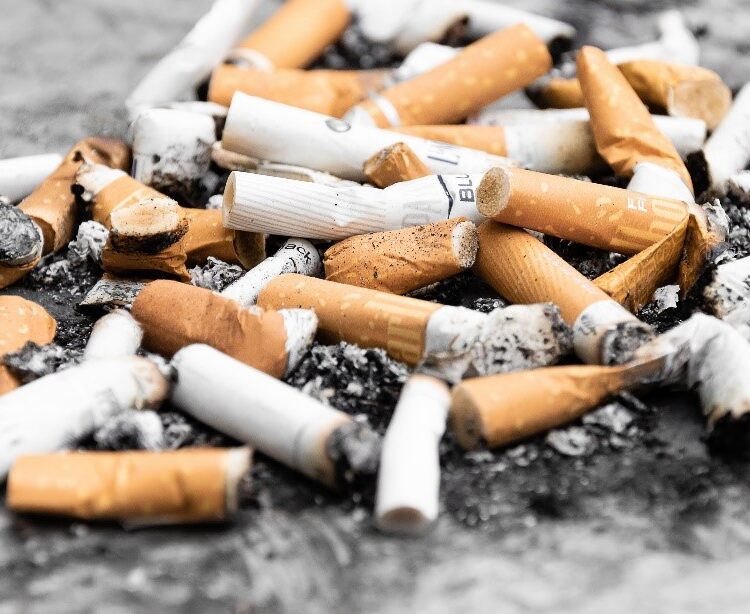
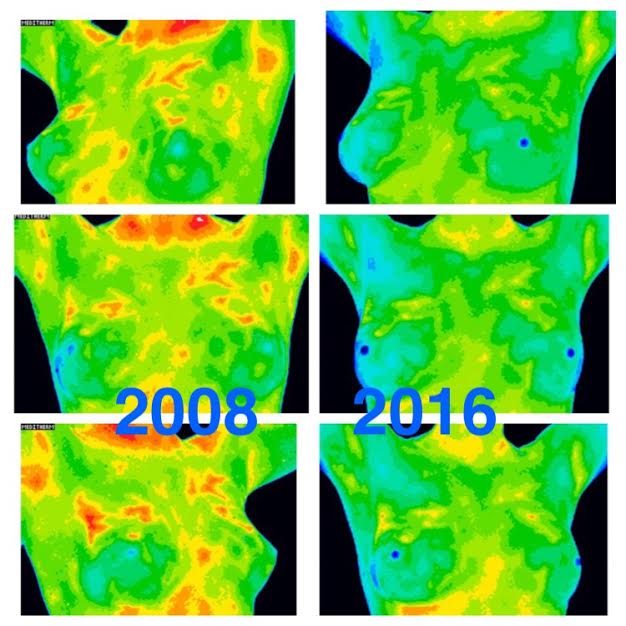
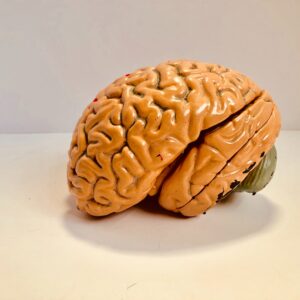
Very good article, Melissa on Soy and breast cancer. I’m on all this since I’ve had breast cancer.
How are you? I certainly miss you. Come back soon!